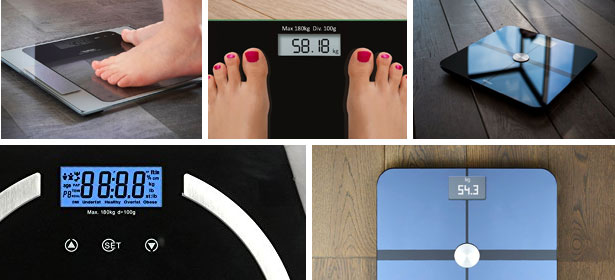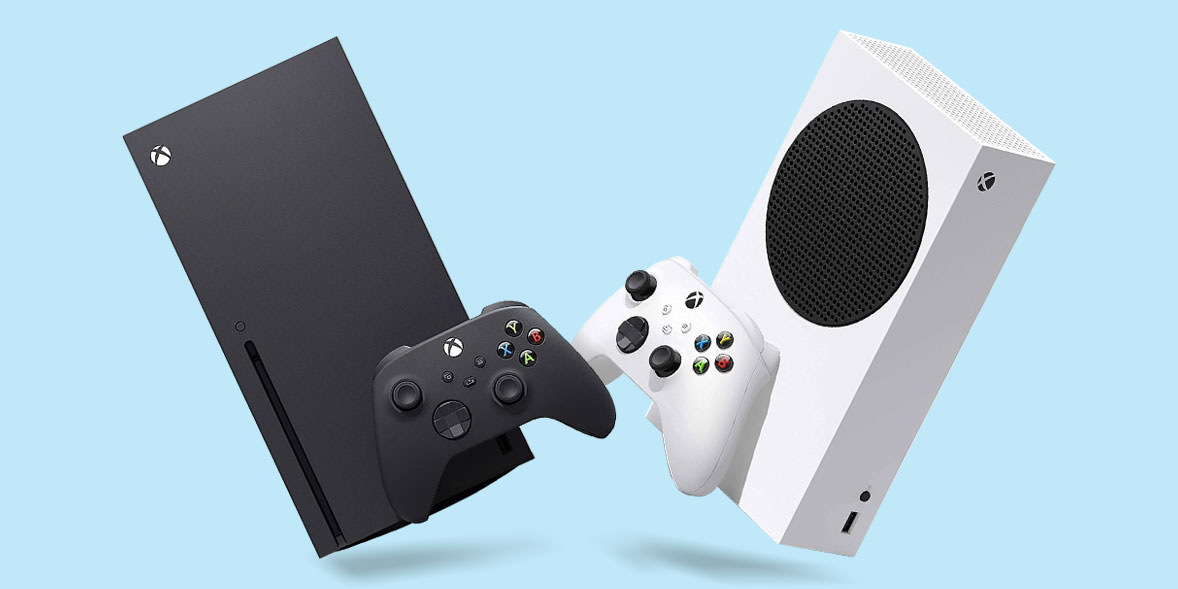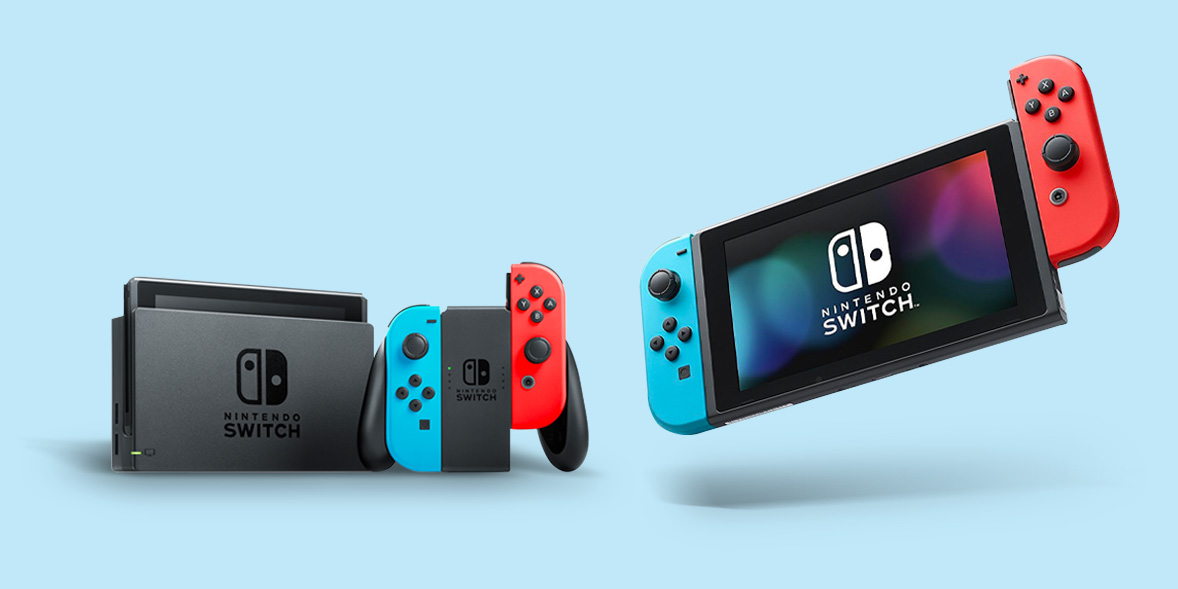
By clicking a retailer link you consent to third party cookies that track your onward journey. If you make a purchase, Which? will receive an affiliate commission which supports our mission to be the UK's consumer champion.
How to buy the best bathroom scales

Bathroom scales broadly fit into four categories: traditional mechanical scales; electronic or digital scales; body fat analyser scales; and smart scales.
While mechanical and digital scales give you a basic reading of your weight, body fat scales provide more information about your body composition. Smart bathroom scales are even brainier, allowing you to log your weight and track changes remotely on your smartphone.
Deciding which option is best for you largely depends on how much you want to know about your weight and body - and how much you want to spend. We run through what you need to know here.
Eat well, live better, stay healthy – sign up for our free monthly Food & Health newsletter for all the latest insights delivered straight to your inbox
At a glance: which scales are best for me?
- Smart bathroom scales – if you want to track changes over time on your smartphone or tablet.
- Body fat scales – for those who want a detailed report on body composition.
- Digital scales – a cheaper option usually including a user memory feature for storing data.
- Mechanical scales – basic bathroom scales for a quick, cheap check-in.
Smart bathroom scales
Pros: Useful for tracking changes over time with ease
Cons: Can be expensive, some models aren't compatible with both iOS and Android, and may not be suitable for all
Typical cost: £30-150
Smart bathroom scales connect to your smartphone or tablet, which means you can view, store and track your vital statistics through an app.
Different scales offer varying degrees of smart functionality, but almost all send your weight and other body measurements to an app using Bluetooth and/or wi-fi.
Not all smart scales are compatible with all operating systems. For example, some work with Apple but not with Android – so you'll need to check operating system requirements before buying.
Consider which other smart health gadgets (such as an activity tracker) you already use to track your health, and whether you'd appreciate the ability to sync your bathroom scale data with these. For example, if you use a Fitbit wearable, you might be tempted by the brand's own Aria Air smart scales. Rival brand Withings has its own model, as does Garmin. But there are cheaper offerings from brands such as Renpho and Salter too.

Smart bathroom scales can typically measure:
- Body fat percentage – the proportion of your body fat to your overall weight.
- Body water percentage – the total amount of water in the body expressed as a percentage of your total body weight.
- Body Mass Index (BMI) – based on the height you enter and your weight.
- Muscle mass – the percentage of your body's composition made up of muscle.
- Visceral fat – also known as 'abdominal fat'. A higher amount of visceral fat is linked with an increased risk of several health conditions, such as type 2 diabetes, Alzheimer's disease and heart disease.
Smart scales use Bioelectrical Impedance Analysis (BIA), which involves sending a small electric current around your body. As a result, it's recommended you don't use one if you have a pacemaker or other internal medical devices, or if you're pregnant.
Body fat scales
Pros: Provide more detail on body composition compared to mechanical or digital scales
Cons: Can't be used by those with internal medical devices and pregnant people
Typical cost: £10-50
As well as measuring your weight and body fat level, some body fat scales give further readings on bone density, body water percentage and BMI. You'll need to enter some vital statistics, such as your height and gender, for the most accurate body measurements.
To measure body fat, the body fat scales send a very small electric current around your body (like with smart scales, above). That current moves more slowly through fat and quicker through muscle, so the speed at which the current passes through your body enables the scale to calculate your body fat and muscle density, displayed as percentages.

Because of the electrical current, you shouldn't use a body fat analyser if you have a pacemaker or other internal medical devices, or if you're pregnant. They're not recommended for use for children under aged 10, either.
Digital scales
Pros: Easy to read, lots of styles, good for those who want to take quick weight measurements
Cons: Many models can't tell you about body fat, body water or BMI
Typical cost: £10-50
Digital bathroom scales are mainly used to measure your weight. Unlike mechanical scales, you shouldn't need to squint to work out your weight from the dial – that information is displayed on an electronic screen in either imperial or metric measurements.
Some digital scales can show fractions or decimal points of pounds or kilos for a more precise reading.

If you shop around, you'll have no trouble finding digital scales with a user memory function. After a certain number of people have stored their data, the scales are designed to recognise the user then monitor the difference in weight between each reading for each person.
There are also versions which are wider, or have extra-large text to make them easier to read.
Mechanical scales
Pros: Can be very cheap, no battery to replace
Cons: Might be hard to read if markings are small or close together, need to check the scale is at zero before you get on each time
Typical cost: £5-40
Mechanical bathroom scales just measure your weight and don't tend to come with extra bells or whistles.
Most let you see your weight in both imperial and metric measurements at the same time.

Pricier mechanical scales are more likely to be made of stronger materials, such as steel rather than plastic, and have a more stylish design.
Best gyms - our unique survey insights reveal the gym chains customers love, and the pricey ones to avoid
Body composition explained
If you’re trying to lose weight or gain muscle, understanding your body composition can be key to making sure you get on the right track.
Using scales that track body composition, you can find out how much body fat you have and set an accurate and realistic calorie limit for your body. The scales will also allow you to see if you're dehydrated or overhydrated by measuring your body water levels.
Familiarise yourself with the following body composition measurements:
- Total Body Water – shows how hydrated the body is. A healthy reading for men is between 60 and 65%; for women, it's between 45 and 60%.
- Basal Metabolic Rate (BMR) – based on how many calories your body would need if it was resting for 24 hours and only needed to support vital functions, such as breathing. Typically around 1,662 calories for men and 1,393 calories for women.
- Fat Free Mass – everything that isn’t body fat, including bones, water, muscle, organs and tissues.
What should my body fat percentage be?
Your body is made up of two types of mass: body fat and fat-free mass. Some ‘essential fat’ is necessary to stay healthy – it helps protect our internal organs, stores fuel for energy and regulates important body hormones, but excess fat can cause problems, including a greater risk of chronic diseases such as diabetes and heart disease.
There is no universally agreed ideal body fat percentage, due to the complex interplay of factors such as height, gender and genetics.
Women generally need a higher body fat percentage than men. The World Health Organization (WHO) defines a healthy body fat range for women aged 20 to 40 as being between 21% and 33%, while women over 40 need 23% to 36% body fat.
According to the WHO, the healthy body fat range for men aged 20 to 40 is anything between 8% and 19% body fat. The normal range for men over aged 40 is between 11% and 25%.

How to work out your BMI
To calculate your BMI, divide your weight (in kg) by your height (in metres), then divide this answer by your height again.
For ‘most adults’, BMI readings are categorised like so:
- Below 18.5 – underweight
- 18.5 to 24.9 – healthy range
- 25 to 29.9 – overweight
- 30 to 39.9 – obese
- 40 or above – severely obese
BMI groupings can vary based on ethnicity. NHS guidance says that 'if you have a South Asian, Chinese, other Asian, Middle Eastern, Black African or African-Caribbean family background you'll need to use a lower BMI score to measure overweight and obesity.’
These ranges are:
- 23 to 27.4 – overweight
- 27.5 or above – obese
The NHS says that, for most people, BMI is a useful indication of whether they're a healthy weight.
This system has some flaws, though. NHS advice on obesity explains: ‘BMI score has some limitations because it measures whether a person is carrying too much weight but not too much fat. For example, people who are very muscular, like professional sportspeople, can have a high BMI without much fat.’
Pregnant women naturally gain weight due to their growing baby, so BMI readings won't be accurate. With children, age and sex need to be considered as well as height and weight.
The NHS has a dedicated page on how to tell if you're living with obesity. If you have any concerns, speak to a healthcare professional.
What is the best way to lose weight?

The best way to lose weight is through a combination of diet and exercise. To lose weight at a safe rate and have a greater chance of maintaining a lower weight, look to cut 500 to 1,000 calories from your daily diet – this should help you lose 1 to 2lb a week.
Being underweight could mean you're not eating enough or you may be ill. Adjusting your calorie intake should help you increase or decrease your body fat levels. To gain weight at a safe rate, increase your calorie intake by 250 to 500 a day.
How to diet well - we reveal the fads that don't work and the healthy and sustainable ways to improve your eating habits instead
How often should you weigh yourself?
If you’re weighing yourself every day with a normal scale, the number you see is likely to be distorted by fluctuations in weight because of factors such as being dehydrated or having a big lunch.
For a good idea of changes occurring over time, weigh yourself once a week at similar times (eg first thing in the morning).
Where to buy bathroom scales
Popular retailers that stock bathroom scales include:
- Argos – offers a range of digital scales, body analyser scales, smart scales and mechanical scales. If you're looking for scales that sync with your mobile, expect to spend at least £25.
- Amazon – sells bathroom scales from big-name brands including Eufy, Salter and Withings
- B&Q – the DIY retailer has a varied selection of scales, with the cheapest starting at around £10. It also sells smart scales from Noerden that cost around £90.
- John Lewis – stocks smart scales from Garmin and Salter. Its own-brand digital scales cost around £20-25.
Find out which retailers are rated highly by Which? members with our expert guide on the best furniture, homeware and DIY shops
Popular bathroom scales
We haven't tested bathroom scales in our lab recently, but we've rounded up some popular models currently available and compared features.
Renpho Digital Bathroom Scales

These stylish bathroom scales come in a range of colours and provide measurements in stone, pounds and kilograms. They might catch your eye if you want a cheap set of scales that stick to the basics.
Renpho's scales feature anti-slip feet, a tempered glass platform and a basic LED display, which will notify you when the batteries are running low – handy for avoiding inaccurate readings.
A thin profile means you should have no trouble storing these scales out of sight when not in use.
The Renpho Digital Bathroom Scales are available to buy from Amazon.
Fitbit Aria Air Smart Bathroom Scales

Wearable tech brand Fitbit has its own set of bathroom scales, which will track your weight and BMI and link up to the Fitbit app. Open up the app and you can take a closer look at how your measurements have changed over time.
Multiple family members can use the same set of scales if they have the Fitbit app installed on their smartphone or tablet.
The Fitbit Aria Air Smart Bathroom Scales are available to buy from Amazon, Argos and Currys.
Salter Mechanical Bathroom Scales

A simple set of scales that shows imperial and metric measurements of up to 136kg. They are available in a grey or gold finish and are usually on offer for less than £25.
These battery-free scales use a rotating pointer and have carpet feet if you want to use them outside the bathroom or on uneven floors. The scales weigh in at a claimed 1.6kg.
The Salter Mechanical Bathroom Scales are available to buy from Amazon and Robert Dyas.
Salter Compact Glass Body Analyser Bathroom Scales

These bathroom scales measure weight, body fat, body water percentages and BMI – an overview of your health should help you reach your weight goal. They have an eight-user memory function, which means they can be shared in a household without losing track of your stats.
When you step on the scales, you'll see your current weight alongside your previous weight, which is handy for tracking your progress.
The Salter body analyser Scales are available to buy from Amazon and Argos.
*Note: models selected based on the most popular retailers by search as well as availability, customer reviews and relevance to give a spread of prices, major brands and features. We haven't tested these products and can't report on their accuracy.



















